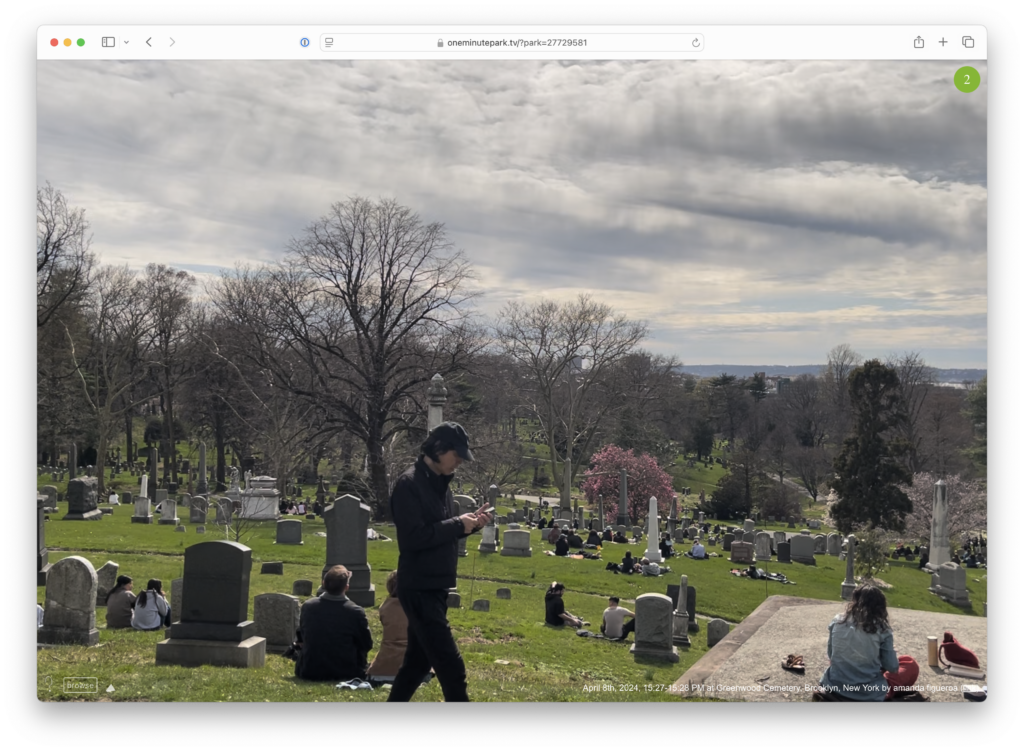Teachers are working to make artificial intelligence (AI) a force for good in the classroom instead of an easy way to cheat as they balance teaching the new technology with honing students’ critical thinking skills.
“Even before the AI era, the most important grades that we’d give at the school that I led and when I was a teacher, were the in-class writing assignments,” said Adeel Khan, CEO and founder of MagicSchool and former school principal, noting the assignments worth the most are normally final exams or end-of-unit tests.
Khan predicts those sorts of exams that have no access to AI will be weighted more heavily for students’ grades in the future.
“So, if you’re using AI for all of the formative assignments that are helping you practice to get to that final exam or that final writing test … then it’s going to be really hard to do it when you don’t have AI in those moments,” he added.
The boom of generative AI began shortly after students got back in the classrooms after the pandemic, with educators going from banning ChatGPT in schools in 2023 to taking professional development courses on how to implement AI in assignments.
President Trump recently signed an executive order to incorporate AI more into classrooms, calling it the technology of the future.
The executive order aims to have schools work more closely with the private sector to implement programs and trainings regarding AI for teachers and students.
“The basic idea of this executive order is to ensure that we properly train the workforce of the future by ensuring that school children, young Americans, are adequately trained in AI tools, so that they can be competitive in the economy years from now into the future, as AI becomes a bigger and bigger deal,” White House staff secretary Will Scharf said.
The Hill's Lexi Lonas Cochran has more here.




















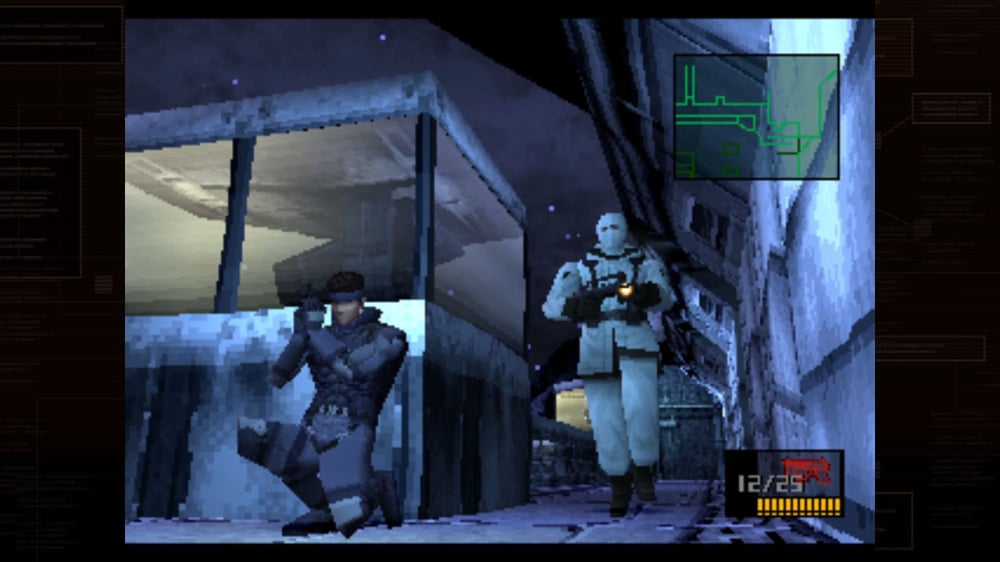








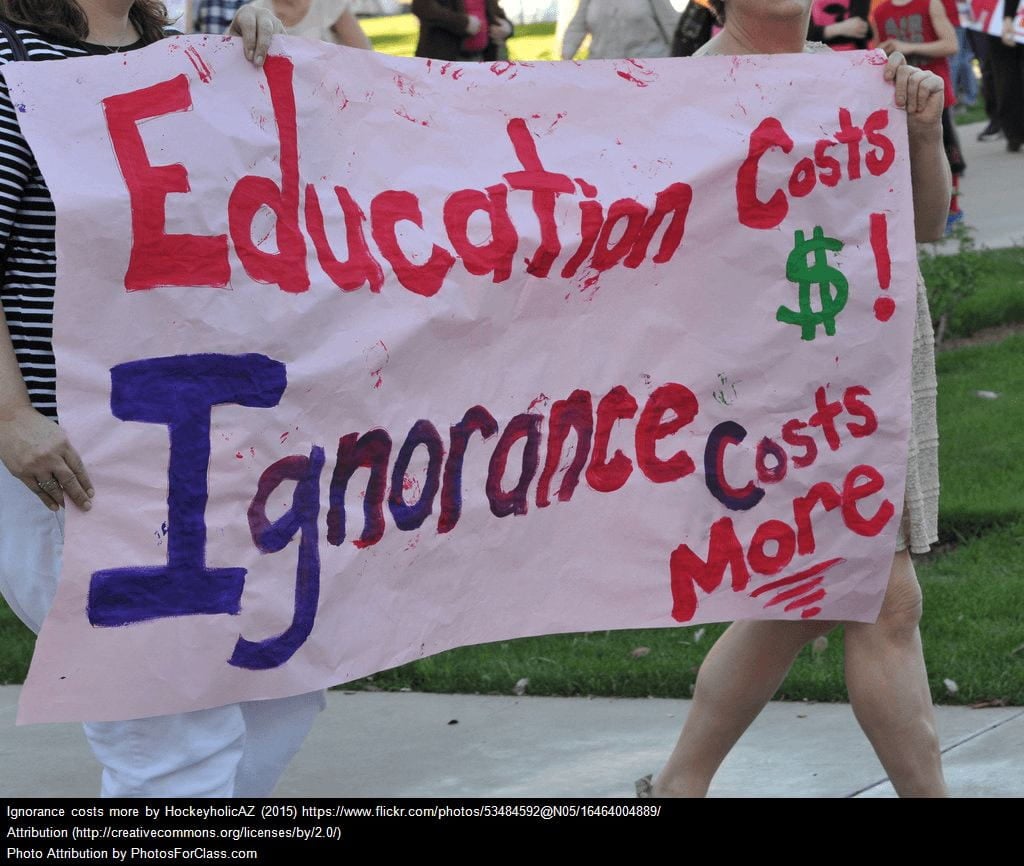
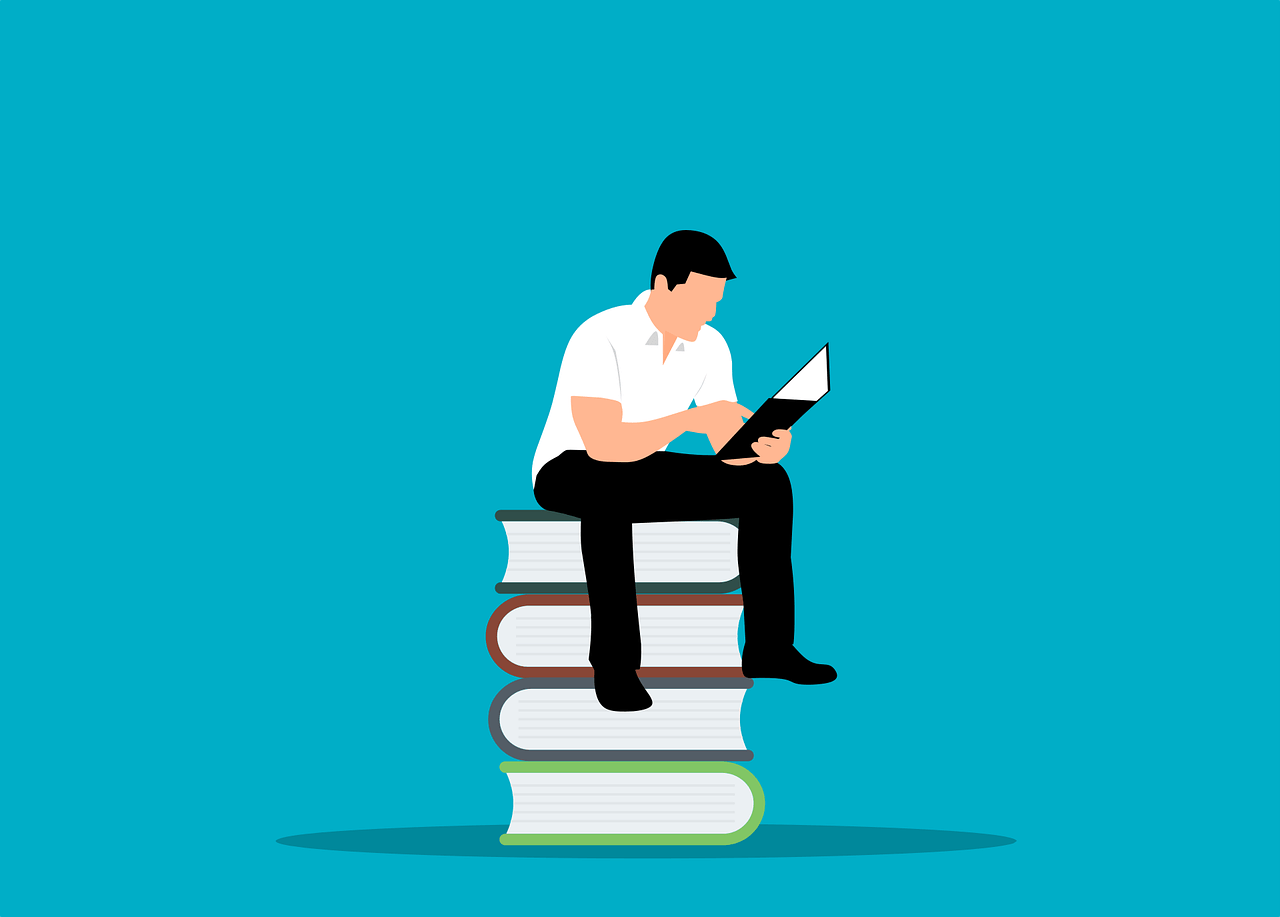
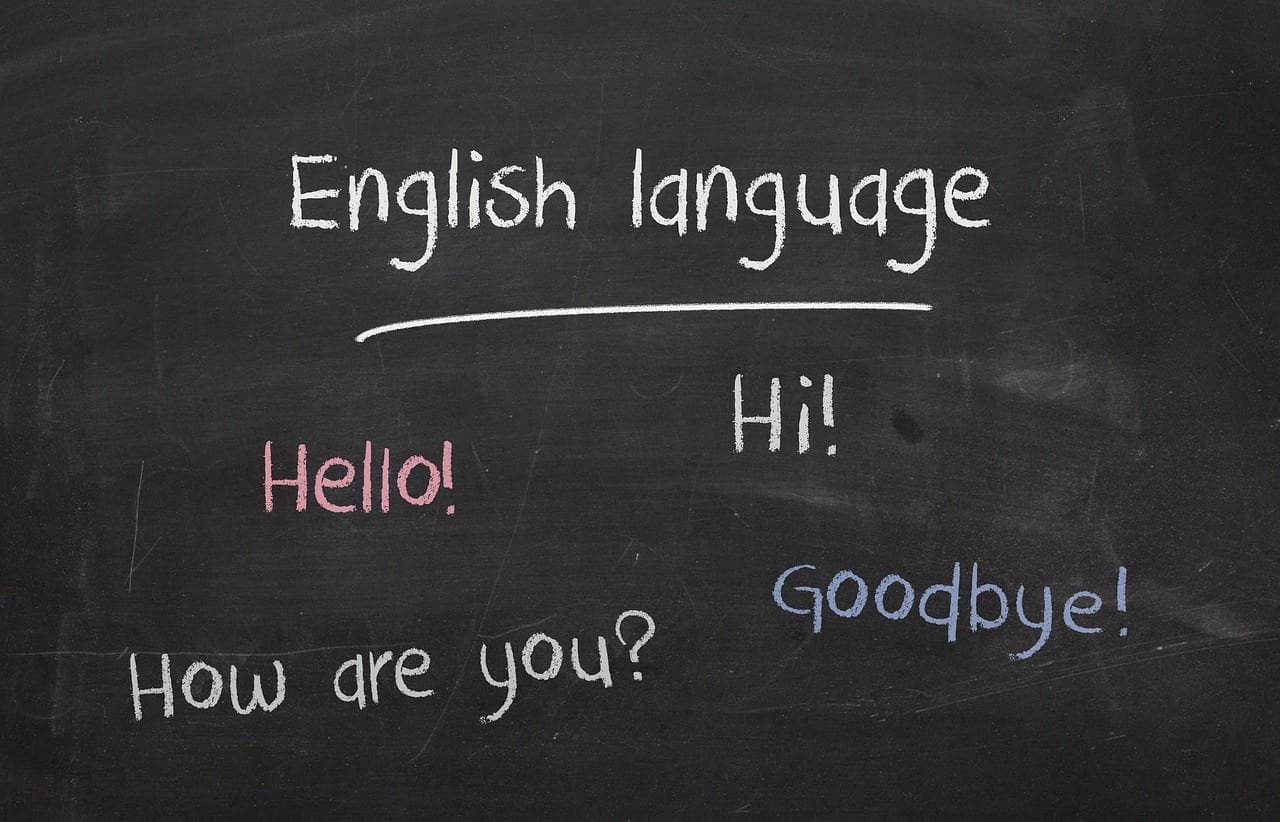
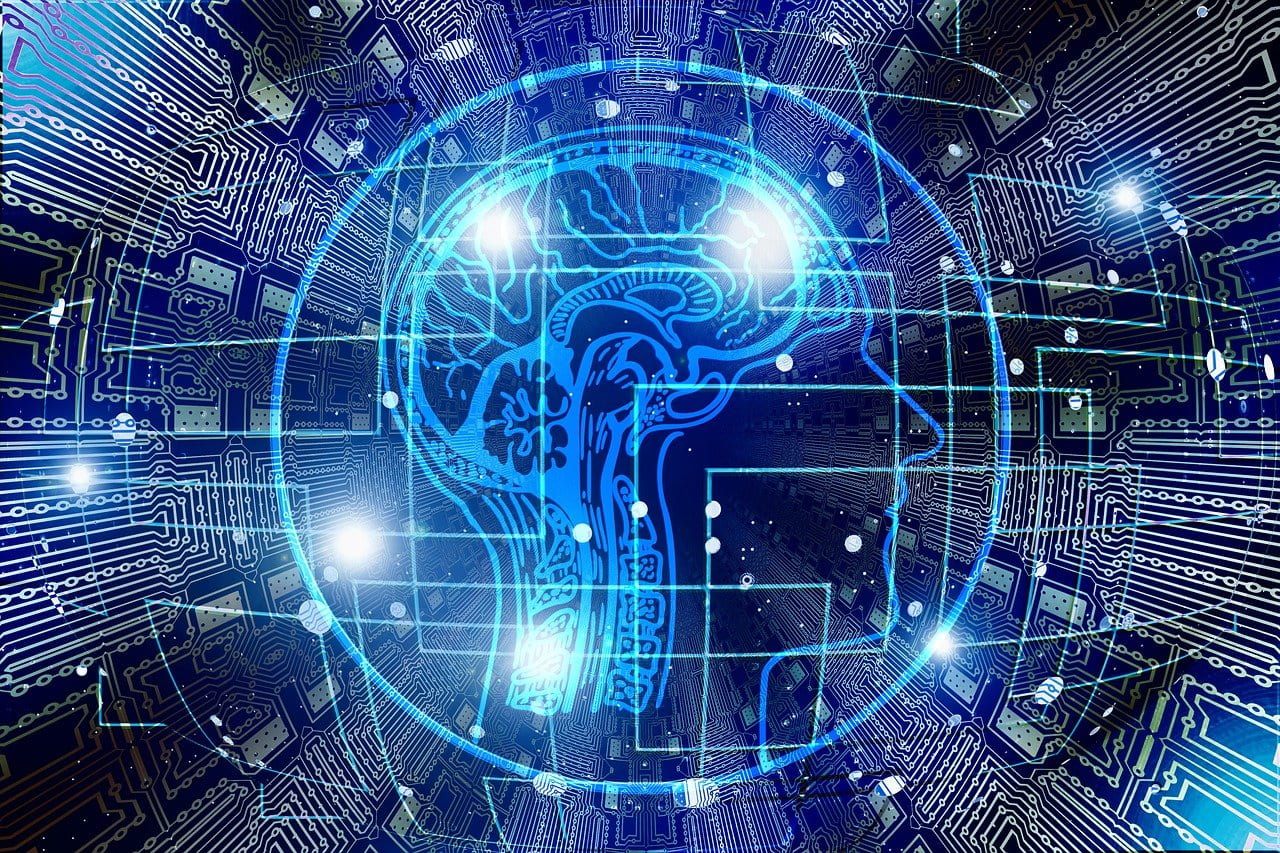
/https://tf-cmsv2-smithsonianmag-media.s3.amazonaws.com/filer_public/82/94/82942bb2-58d4-487f-bcd8-2d1959082822/gettyimages-186481784_web.jpg?#)
/https://tf-cmsv2-smithsonianmag-media.s3.amazonaws.com/filer_public/4c/fe/4cfe0cff-c116-4e48-bed7-8bec4439598d/main_barry_arm_pws_may-2020_web.jpg?#)
/https://tf-cmsv2-smithsonianmag-media.s3.amazonaws.com/filer_public/8e/17/8e174f75-8c72-41b1-bf16-b7dd76557c54/smithmag-podcast-s03-ep05-bees-article.jpg?#)





















